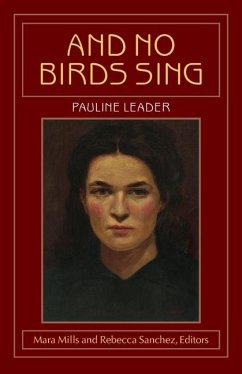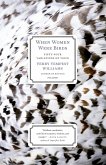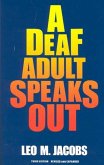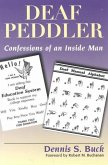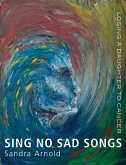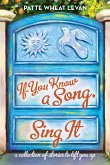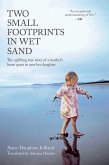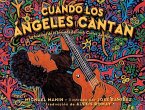Originally published in 1931, this memoir is an unflinching look at the life experience of a woman struggling with identity and isolation. In harrowing yet lyrical prose, Pauline Leader assails her poverty and Jewish heritage and longs to fit in with her "American" peers. Born in 1908, she describes her home life as the daughter of Polish immigrants who run a butcher's market and boarding houses in a small New England town. Frequent beatings and sinister remarks issued by her parents puncture her childhood. At the age of 12, following a long illness, Leader becomes deaf--yet another stigma to bear. As a young adult she journeys to New York City where she struggles to find work in factories and sweatshops and seeks social acceptance among the artists and prostitutes of Greenwich Village. For a time she is held in a reformatory for "wayward" girls. Her strong will and fierce independence are often thwarted by severe self-doubt, but through it all, she finds solace through her writing. A new scholarly introduction provides a modern framework for understanding Leader and her times. She persevered and became a published poet and novelist, often drawing on the experiences offered up here. Compelling and evocative, And No Birds Sing deftly reveals a complex, intelligent spirit toiling in a brutal world. From the book: I insisted to myself that I could still hear. I heard in my mind the sounds of streams as I passed them. I knew the sound the river made, that river that I had known always, the river by the marble house. In my mind the river washed with a low intimate sound. I had no need to hear as the people heard. True intimacy needs no ears. I knew the sound of birds; I heard them as they hopped about. I knew the sound of words also. It was words that I most intensely heard. I had not always the river and the birds--they appeared far away at times. I did not always want river and birds, but I always wanted words, and I always had them. I would have been terribly lonely without them. With them always in my mind, I could not be truly lonely. I played with them; I set them to music; I achieved endless variations with them. They were never weary, as other things could sometimes be weary.
Hinweis: Dieser Artikel kann nur an eine deutsche Lieferadresse ausgeliefert werden.
Hinweis: Dieser Artikel kann nur an eine deutsche Lieferadresse ausgeliefert werden.

